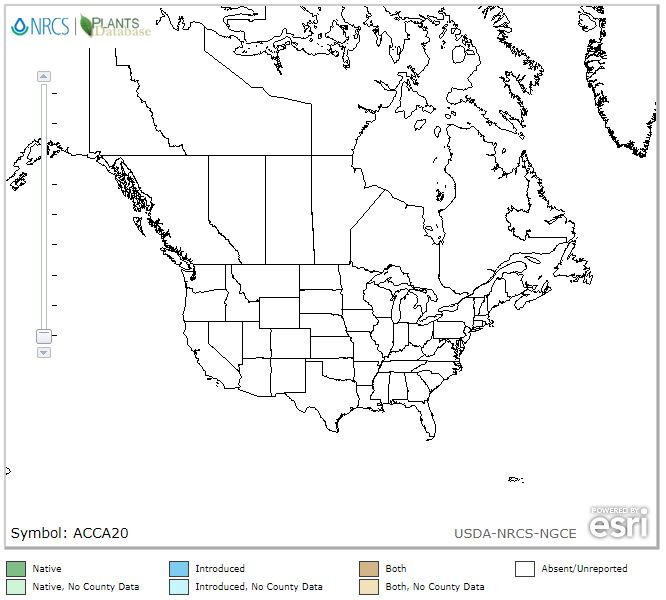Lycium Root Bark, De Gǔ Pí, 地骨皮, Cortex Lycii
Disclaimer For educational purposes only. Do not use as medical advice
Space Space
Space USA: Lycium barbarum USDA Zones: Native: Habitats: Herbal medicine may interact negatively with pharma drugs and other herbs. Examples below: Herbs: Pharma Drugs:
Health Benefits
For: Hot flashes • Cough • Dypsnea • Wheezing • Diabetes • Hypertension • Bleeding • Hematuria • Nose bleeds • Bloody vomit • Bloody mucus
Attributes: Hypotensive • Antibiotic • Antipyretic • Antidiabetic
Products (online examples)
Space
Space
Research (sample)
Articles:
Constituents:
Betaine • Lyciumamide • Cinnamic acid • Lyciumins
Photos (Click to enlarge)
Fun Facts
Other Names: Variety: Lycium chinense Mill • Wolfberry bark
Plant Family:
Pharmacopeias: Shen Nong Ben Cao Jing
Species
Growth
TBD
TBD
Lycium barbarum is not in the USDA Plant Database. Drill down via USDA Interactive Map:
Properties, Actions, Indications, etc. Category: Clear Heat Deficiency
English: Lycium Root Bark Pinyin: Di Gu Pi Pharmaceutical: Cortex Lycii
Organs: Lung • Kidney Temperature: Cold
Taste: Sweet • Bland Toxicity:
Patterns: Lung heat • Steaming bone disorder with night sweats • Blood heat
Actions: Clear lung heat • Cool blood • Stop bleeding • Relieve steaming bone disorder
Indications: Cough from lung heat • Yin deficiency blood heat • Bleeding • Nosebleed • Bloody vomit • Bloody mucus • Blood in urine • Diabetes • High blood pressure
Contraindications: Spleen and Stomach deficiency cold • Exterior wind cold or wind heat • True cold with false heat
Typical Dosage: 6g to 15g • Maximum dosage is 60g Guidelines
Parts Used: Bark from root
Other:
Combine With
Purpose
Formulas with Di Gu Pi
Alert
Be cautions with all medicine.
Potential Drug Interactions
Information in this post came from many sources, including class notes, practitioners, websites, webinars, books, magazines, and editor's personal experience. While the original source often came from historical Chinese texts, variations may result from the numerous English translations. Always consult a doctor prior to using these drugs. The information here is strictly for educational purposes.



0 Comments